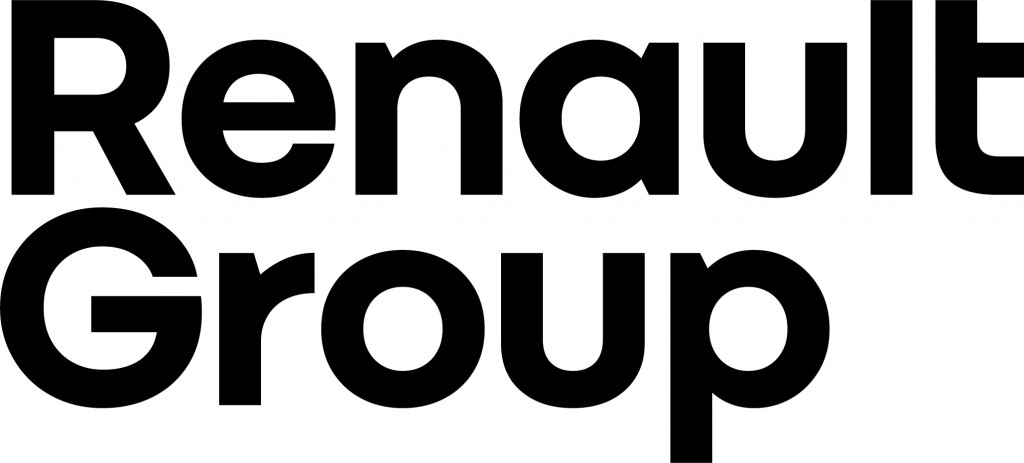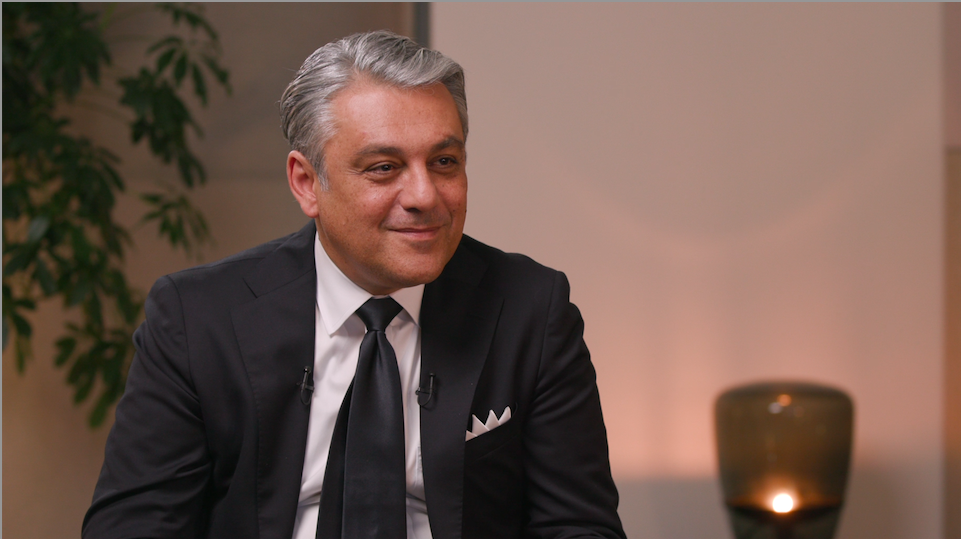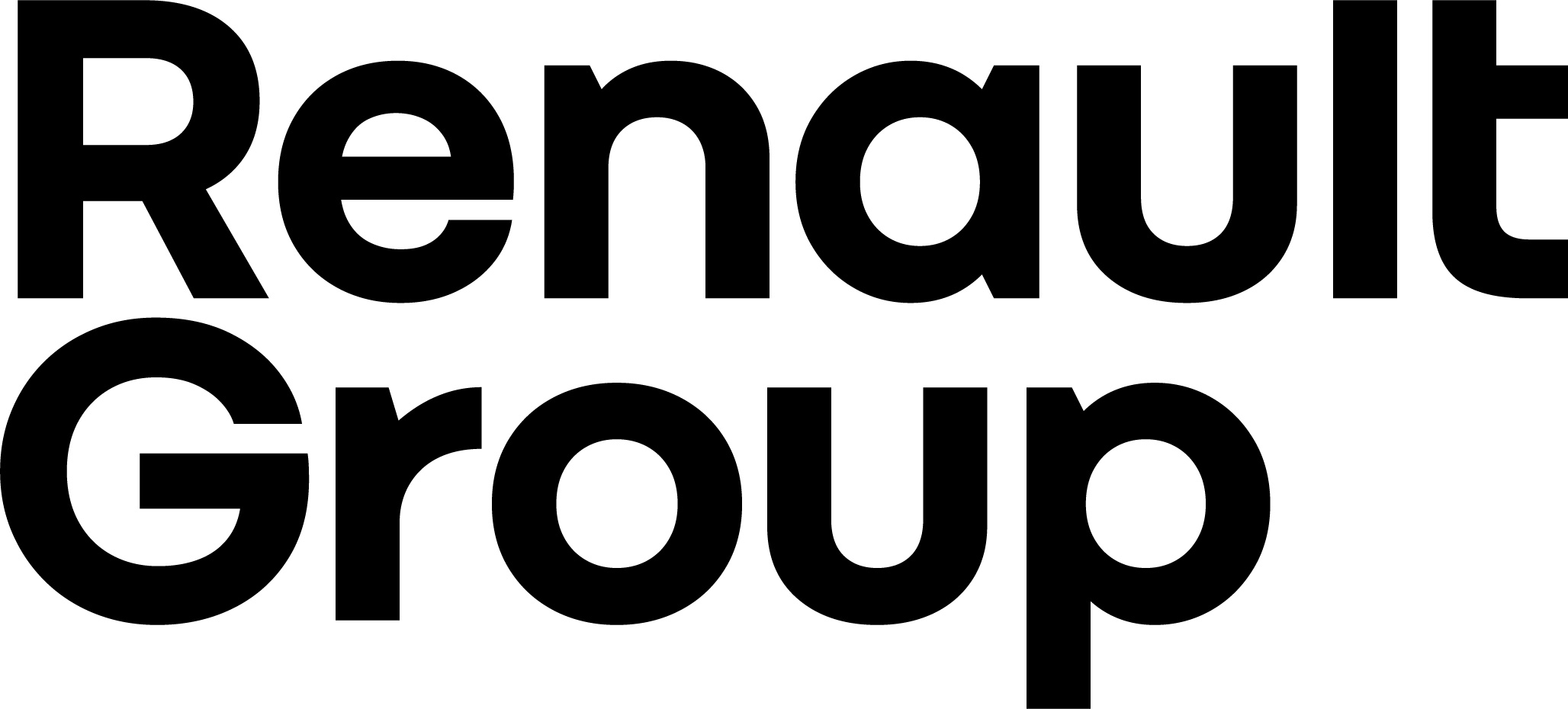EBM: Renault Group, one of the largest French multinational automobile groups, presents its strategy and outlook to investors and analysts at its Capital Market Day on November 8, 2022. Luca de Meo welcome,
Luca de Meo : Thank you
EBM: You are the CEO of Renault Group. At the start of 2021 you announced a new strategic plan for Renault Group called “RENAULUTION”. What is your update on the main achievements of your plan so far?
Luca de Meo: Basically, we had three phases in this whole plan. One was about the restructuring and the other “one” was about bringing new products onto the market and the third one was supposed to be a complete transformation of everything. So today we have talked about the third one, the “Revolution” part. I have to say that when I look back at the restructuring, there was a hard exercise of pure retraction, but it worked pretty well, so we were able to reduce breakeven point by more than 40% in 16 months, we cut fixed costs more than €2 billion, we are actually hitting this year the target in terms of profitability that we promised to the market by 2025, so we are two years in advance. We are generating cash which has never been the speciality of the house for many years, but I think that by the end of this year we will be above €2.7 cumulative free cash flow amounts that we promised for 2023. We are doing that in 2022. So I think it has been hard, I think that all the people at Renault made a lot of sacrifice, but it shows that this team is very committed and that we are very good when times become very hard because, as you know, we did all of that in a horrible environment. When I look at phase 2, the whole idea was “Renovation”, we call it Renovation, the whole idea was to actually push a completely new range of cars, more upscale, much more oriented to EV, so we are preparing what I think will be probably the best product line up of Renault since I remember Renault when I was young, so that indicates. So we will launch 25 products from now to 2025. Half of them are in the C and C+ segments so structurally more profitable. Half of them will be electric, that means we will hit most probably all the CAFE targets that are imposed by the regulator, and the most important thing is that all these cars are good, the projects are very healthy, they are profitable. We did one car with 40% less money than we used to do before because we made a lot of efficiency in terms of management of R&D and CAPEX, etc. ROCE is increasing and will probably be at beyond 30% in 2025 as we announce in the presentation. So I think also this we are going to deliver. And when this comes, automatically you have to imagine Renault lifted up, in terms of performance because you know that in the automobile business product is one of the most important things, and we might have the potential because of the work we did on Renovation, to be anti-cycle in the moment that is worrying everybody with recession and all these headwinds we have. We feel that there is a chance for Renault for an upside even in that complicated context.
EBM: Today, in the context of your Capital Market Day, you are announcing a revolution for Renault Group. What is it exactly?
Luca de Meo: That is phase 3 and the idea… one of my obsessions is to actually push Renault faster and further than all the others. They probably have more to lose than us, on to the new value chains that are emerging around the automobile industry. We have always been working on a relatively well-known value chain, where you have four or five years of development, then seven/eight years of manufacturing and distribution and now the whole thing is exploding so you now have EV coming in, you have software, you have mobility platforms and new services, you have circular economy, etc. So it's like moving from doing one discipline, like playing soccer for 100 years, and now you have to do 5 completely different sports. So you can choose to do that with one athlete doing the 5 sports: he’s probably going to have a mediocre performance on all five of them but you win the medal. Or you decide to win 5 medals and get five athletes with different skills, different talent, different training, different diet, whose performance is also measured in a different way, to play each one of them. And that’s what we are doing. So we are specialising, focusing a group of people on business oriented to the future with high growth and high profitability. So we do Ampere, we create the first full-fledged EV and software company coming out from the disruption of the incumbent OEM. We do Alpine, It’s the first time that Renault Group tries to grab a little bit some territory on the high end of the market for people that are ready to spend money for cars, we all know it’s a more profitable segment, taking the opportunity of this discontinuity on technology, by using the electric platform and trying to do high end EVs and making the global relevant high-end EV player. We have announced a few months ago Mobilize. Mobilize is built around the bank, which is very solid, but it covers a whole array of new mobility demands from financial products like leasing subscription, insurance, etc. down to more concrete things like charging services, charging infrastructure, second life repurposing of batteries, mobility platforms, etc. And one of the things that makes Mobilize completely different is that we plugged into the system a team of engineers and designers. So it’s actually an automotive brand, it’s actually an automotive company, but it comes from the service to the product and not the other way around. We believe that it’s a very interesting thing also to generate recurrent revenues on the product through the lifecycle. Then the other sport is circular economy. A couple of weeks ago we announced the creation of The Future is NEUTRAL. The Future is NEUTRAL is the first full-fledged circular economy company dedicated to this business, emerging into the automotive industry and it’s an open platform, open to all industry, to suppliers, to other companies. It’s also very interesting; growing and profitable. Of course, all the other classical activities of Renault, that means all the products, the brands like Renault, Dacia, LCV will continue to flourish and actually I think, as I mentioned before, there will probably be an upside because the new products are coming. So we are designing a completely new organisation, a new module of playing and words like focus, accountability, transparency and effectiveness rather than only efficiency are the key words of this new philosophy.
EBM: You are mentioning some huge challenges. Can Renault Group do that all by itself?
Luca de Meo: Honestly I think that nobody can do all the things that we are expected to do as an OEM alone. And I take this assumption, the assumption that instead of trying to do everything by ourselves, like many pretend they will be doing, I go horizontal. So that means all the challenges we are facing are cutting industry horizontally, so you have to go around and find the best players, the specialists in some of the fields and partner with them to actually co-invest, co-create and share the business if necessary, and scale and co-scale with them. That’s one of the principles of this Revolution phase, that we are going to do the things together and I have two or three examples. Horse, that means the idea of carving out our mechanical engineering operation, putting them together with Geely, another great group. Assets in terms of R&D, manufacturing, technology. When you do this, you actually double the scale immediately, day 1. You have a player that is €15 billion revenues, so comparable to one of the biggest tier-1s and is there to supply engines to anyone who wants our technology. I think it’s a good example. In a way it's classical, but still a kind of unique example in the industry right now. The second thing I want to mention of course is that we are developing a centralised electronic architecture, plus a car race that we want to be open and we want potentially this thing to become a standard in case other OEM will want that. So we are partnering with 2 giants. One is Qualcomm for semi-conductors and Google for the car OS based on Android, so there’s nothing best on the planet to do this. And we will do something together. This brings speed, this brings a reduction of cost for us in developing such technology, and when you partner with this kind of guys, they know what they are talking about so I think it’s also going to secure that the execution will be very, very good. Last example, light commercial vehicle, we are trying to revolutionise the segment. We do new Skate electric platform on a completely revolutionary concept focused on reducing the total cost of usage for mobility operators by 30%. And also there we will do that together with another OEM which I cannot announce today, but for example what we call the FlexEvan, this is the code name of the concept, will be the first vehicle to embed centralised electronic architecture and the new car OS that we developed with Google on Android because we believe that the specifics in that segment make a lot of rational sense to include services and we can create value for the consumer. So just to tell you, we do it like this because we feel it’s the best way of getting know-how, getting resources because some of these people are investing, so it makes a lot of sense in this new world where we are discovering new things and where we are expected to do a lot of things at the same time.
EBM: To conclude, what is your outlook and financial guidance for Renault Group going forward?
Luca de Meo: We have announced that we would be above 8% in 2025 and above 10% in operating margin by 2030, so it’s an uplift compared to the objective we gave ourselves at the beginning of 2021, because we basically reached them. What is also very reassuring I think is the fact that we are also announcing targets for free cash flow because we are saying that from now to 2025 we will be above the threshold of €2 billion cash generation every year, in the next two years. And then from 2026 onwards, we are committing to the fact that we will be above €3 billion of free cash flow generation. Looking at the history of Renault, this probably was one of the weaknesses of our business model, but as we are remixing the whole thing towards businesses that are structurally generating more cash, more margin and growth, I think that’s the outcome of all this thinking on how to reinvent the thing. Roadshare will be very high, so above 30% as I mentioned before, and I think that, to give you an example, and make the concept very clear, if I look today at how many businesses we have on segments that are either growing 10% or with two-digit profitability, I only have today 25% of it. All the things we are doing, almost half of our business, will be on segments that are both growing more than 10% and profitable all above 10%. So it tells you how this thing is completely changing, the quality of our strategy and of our plan.
EBM:Luca de Meo, thank you very much.
Luca de Meo: You’re welcome.



